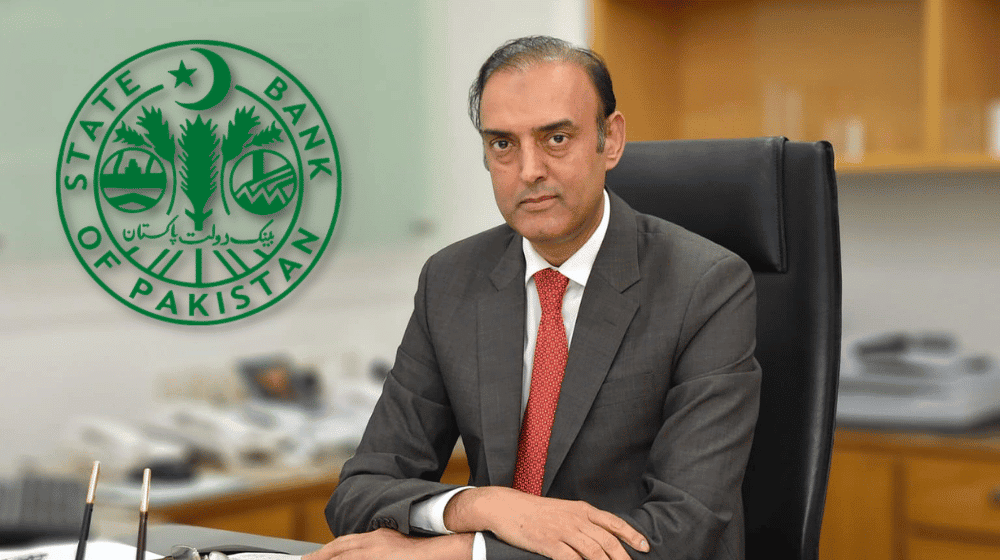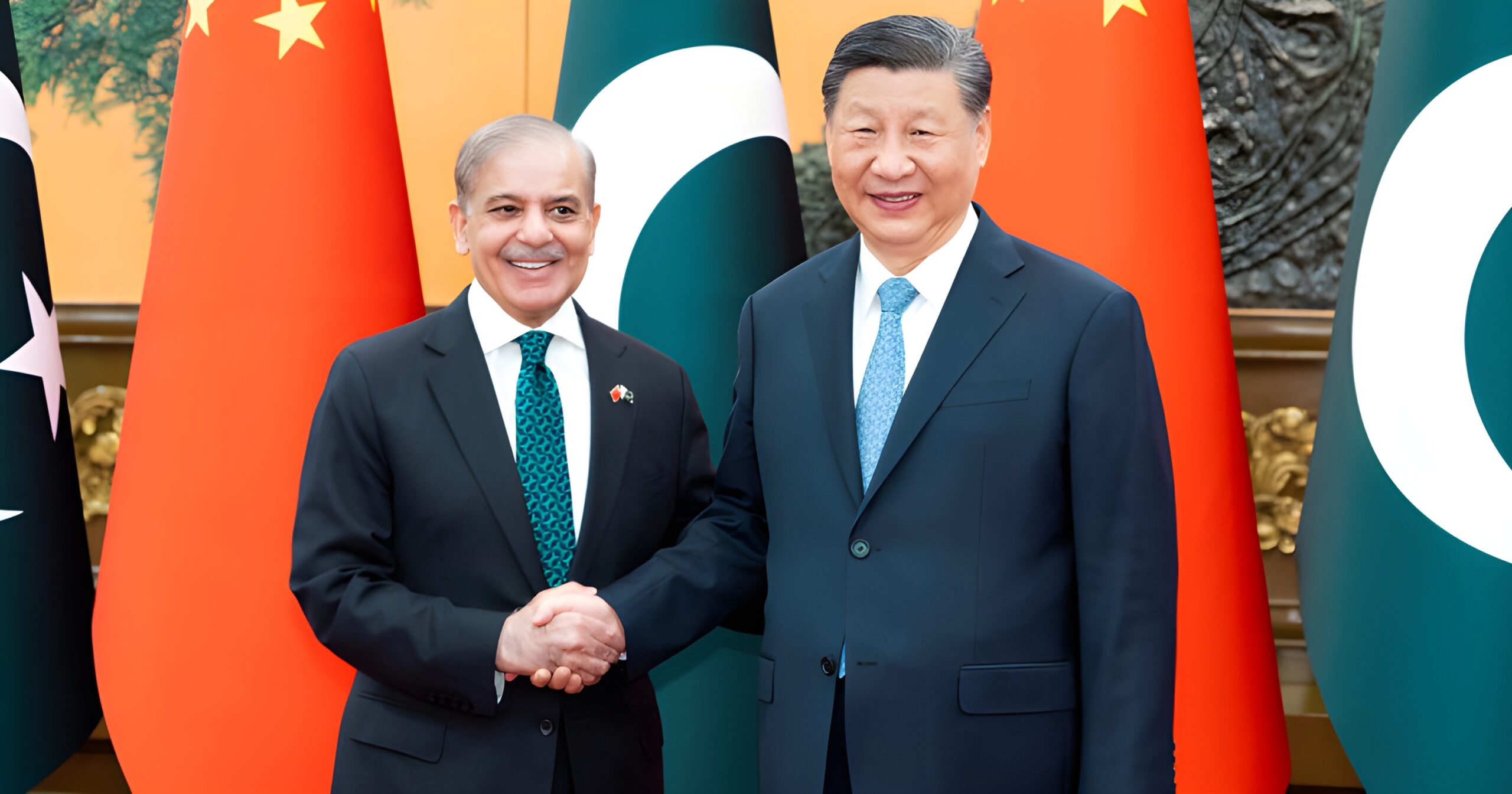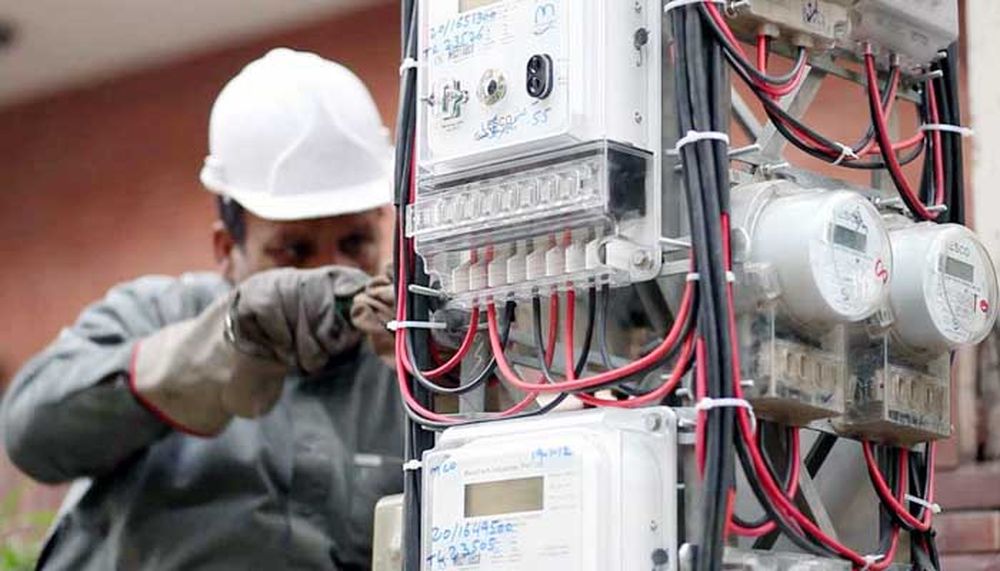PTBP Web Desk
State Bank of Pakistan (SBP) Governor Jameel Ahmad has warned that Pakistan’s persistently low domestic savings rate remains one of the country’s most pressing economic challenges, despite recent improvements in inflation and growth. Speaking at the conference “Unlocking the Capital Markets Potential for Banks” held in Karachi on Monday, he cautioned that without addressing this structural issue, Pakistan’s economy will continue to face vulnerabilities and repeated crises.
The SBP chief said that while inflation has come down and the economy shows signs of recovery, “long-standing structural challenges remain.” Among these, he stressed, the most serious is Pakistan’s low domestic savings rate, which, according to the Pakistan Economic Survey, currently stands at just 7.4% of GDP.
This figure is far below the South Asian average of 27% and the East Asian average of 41%. “Because of such a low savings rate, Pakistan has had to rely excessively on foreign inflows to finance its development needs,” Ahmad said.
However, he pointed out that dependence on external financing has come at a heavy cost. “It has contributed to repeated balance of payments crises, instability in the foreign exchange market, and inflationary pressures. Over time, these cycles have weakened our growth momentum,” the governor added.
Ahmad emphasized that if Pakistan wants to break free from the boom-and-bust cycle, it must focus on mobilizing domestic resources and channeling them into productive investments. “Increasing savings and strengthening the capital markets are essential to building a more resilient economy,” he said.
He highlighted that without a substantial increase in savings and investment, Pakistan cannot achieve sustainable long-term growth.
Discussing the state of Pakistan’s capital markets, the SBP Governor noted that the government bond market has expanded significantly over the past two decades. Today, it offers a variety of securities, including fixed-rate bonds, floating-rate options, and Shariah-compliant instruments.
Despite this progress, he acknowledged that the bond market remains “heavily concentrated within the banking sector,” limiting wider participation from other financial players.
To counter this, the SBP has taken several steps:
- Revamping the Primary Dealer system to make it more efficient.
- Expanding the Investor Portfolio Securities (IPS) account to include microfinance banks, the Central Depository Company (CDC), and NCCPL. This reform allows nearly 100 million mobile banking users to invest directly in government securities.
- Digital onboarding frameworks that make account opening simpler, encouraging broader access.
“These reforms aim to diversify the investor base, improve liquidity, and make Pakistan’s sovereign bond market more resilient,” he explained.
While the government bond market has grown, Ahmad admitted that the corporate debt market in Pakistan is almost non-existent. Outstanding corporate bonds account for less than 1% of GDP, which is far lower compared to Asian peers.
This lack of development forces non-financial firms—including those in manufacturing, infrastructure, and renewable energy—to rely almost entirely on bank loans for financing. “This overdependence on banks restricts growth and limits innovation in the financial system,” the SBP Governor said.
Similarly, Pakistan’s equity market remains underdeveloped. Investor accounts and market capitalization are well below levels observed in other comparable economies. Ahmad noted that broader participation, better governance, and greater transparency are needed to strengthen investor confidence.
The SBP Governor concluded by urging regulators, financial institutions, government agencies, and investors to work together to create a strong, transparent, and innovation-friendly market ecosystem.




